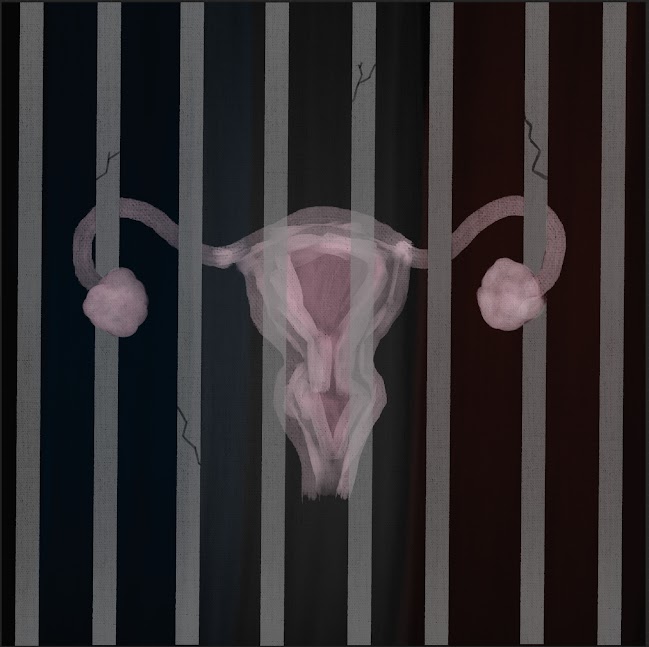On March 4th, 2024, France’s Parliament passed a bill that guarantees abortion as a constitutional right, becoming the first country to legally protect abortion. According to the New York Times, this amendment gives women 14 weeks into their pregnancy the “guaranteed freedom” to terminate, ensuring safer abortion access across the country.
Abortion in France has been legal since 1974, but the overturning of Roe v. Wade in the U.S. has had a ripple effect in Europe–and the recent bill in France is a direct result of the abortion laws in America. Since the overturning of Roe v. Wade, French President Emmanuel Macron has promised to protect abortion by constitutionalizing the right.
“I made a commitment to make women’s freedom to have an abortion irreversible by inscribing it in the constitution,” Macron wrote on his X (formerly Twitter) account. Macron’s statement reflects the current attitude towards abortion in France, a majority of the country agrees with the bill.
According to a census collected from French citizens, 90% of the public support the right to an abortion, and 86% want to see it in the Constitution. The pro-abortion sentiment transfers over to politics as well, with 780-72 of the French Parliament approving of the measure. In addition, abortion in France is not as nearly as financially taxing as it is here in the U.S. – the national health care system reimburses people looking for abortion care.
In stark contrast, many women in the U.S. are still struggling for a safe and legal abortion. 25 U.S states have enforced a near-total or total ban on abortion. A near-total ban, according to Arizonian laws, bans all abortions except for “those necessary” to save the pregnant person’s life, with exemptions for rape in some states. However, according to a research letter published by JAMA Internal Medicine, even with these exemptions, survivors of cases involving sexual assault, “fail to provide reasonable access to abortion for survivors.” PBS News elaborates, that despite the 65,000 people pregnant due to rape in 14 states with a near-total ban, “fewer than a dozen abortions each month were offered in states where lawmakers have offered rape exceptions.” This forces people in states with abortion bans to look to terminate in other states, spending hundreds, if not thousands, for a legal abortion.
In a country where healthcare is already limited to people with financial stability and good socio-economic standing, these bans make it even more complicated for pregnant people of lower classes and especially difficult for people of color.
However, with the recent changes in France, people are hopeful that the rest of the world will slowly follow suit. Imogen Wu, ’27 told the Register Forum, “This isn’t to say that the fight for women’s rights in France is over; amending the constitution will not “fix” misogyny, and protecting the right to abortion in France isn’t going to guarantee that all women have access to it. But it is a step in the right direction…post Roe v. Wade, many countries have started taking action against abortion bans, which gives me hope that the United States will follow suit [and] legalize abortions.”









